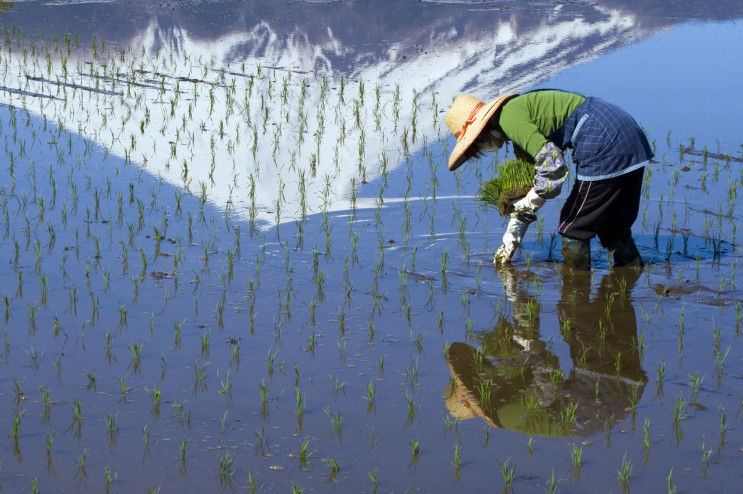Windhoek, Namibia, 17th December 2024
The issues of climate change, biodiversity loss, food and nutrition insecurity, and the availability of fresh water are intimately interconnected, and dealing with them in a separate manner as separate issues will be ineffective. This is the take-away from a major review of scientific evidence by the Intergovernmental Platform on Biodiversity and Ecosystem Services (IPBES) in its thematic assessment of the interlinkages between biodiversity, water, food, health and climate, known as the IPBES Nexus Assessment.
The assessment has determined that continuing with isolated, siloed approaches comes with unintended consequences and risks exacerbating the problems. For example, efforts to intensify food production can lead to pollution of water supplies, which can impact fisheries and human health. Reforestation schemes as part of climate action can cause damage to existing ecosystems, affecting biodiversity, water and health if the interlinkages are not addressed.
The outcomes of the Nexus Assessment were approved by almost 150 countries at the IPBES meeting in Windhoek, Namibia.
The report is the result of three years of work by 165 leading international experts from 57 countries. The report's authors emphasize the need for an integrated approach to tackle the complex and interconnected crises we face. They warn that scenarios focused solely on optimizing objectives for one element often lead to negative outcomes for other parts of the nexus. PIK has recently contributed to reports on all three Rio conventions — UNFCCC, CBD and UNCCD — highlighting the importance of coordinated action across these frameworks.
IPBES was established in 2012 as an independent intergovernmental body, to provide policymakers with objective scientific assessments about the state of knowledge regarding the planet’s biodiversity, ecosystems and the contributions they make to people, as well as the tools and methods which can be used to ensure their conservation and sustainable use. IPBES comprises almost 150 member governments. The Cohab Initiative has been engaged in IPBES processes including preparation of thematic reports and peer-review.
The key messages and response options in the IPBES Nexus assessment help identify important opportunities to ensure greater coherence and synergies across efforts to promote sustainable development. For the biodiversity and health sectors, it is vital that opportunities for exchange of knowledge, experience and solutions are discussed and grasped, working with their counterparts working in other areas of environmental, economic and social policy. They will be a valuable tool to promote policy coherence and synergy between the environment and health sectors, and other related sectors.
